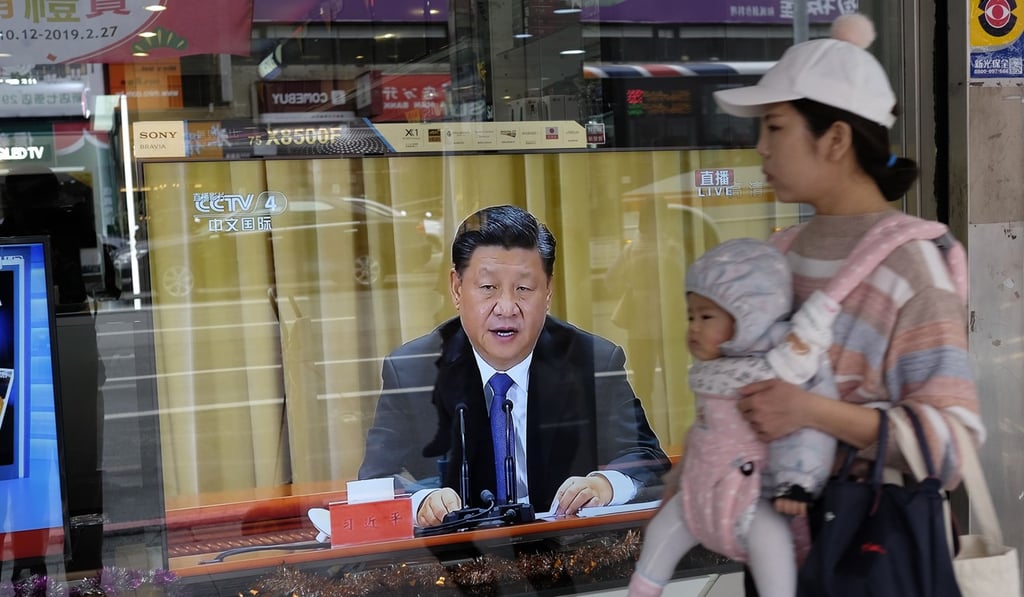Xi Jinping’s Taiwan unity call triggers backlash from indigenous communities and academics
- In separate open letters leading international scholars criticise Beijing threats against island while indigenous people reject notion they form part of a ‘minority within the Chinese nation’
- Reaction follows Chinese leader’s calls to begin unification process under ‘one country, two systems’

A group of leading international scholars and members of Taiwan’s indigenous communities have issued separate open letters supporting the island’s democratic system in the latest backlash against Beijing’s renewed push for reunification.
At the start of the year, Chinese President Xi Jinping called on both sides of the Taiwan Strait to start talks on unification and the adoption of “one country, two systems”.
In a speech to mark the 40th anniversary of a call from Beijing to end military confrontation across the Taiwan Strait, Xi said unification was key to “national rejuvenation”.
But the speech triggered an immediate response by President Tsai Ing-wen, who said Taiwan would never accept the “one country, two systems” model suggested by Xi, adding that people on the island resolutely opposed it.

In the open letter released on Tuesday, 44 mainly US-based academics said that in the past two years Beijing “has left no stone unturned in its attempts to squeeze Taiwan’s international space, threaten it with a build-up of military power, and made it appear as if Taiwan’s only future lies in integration with an authoritarian China”.